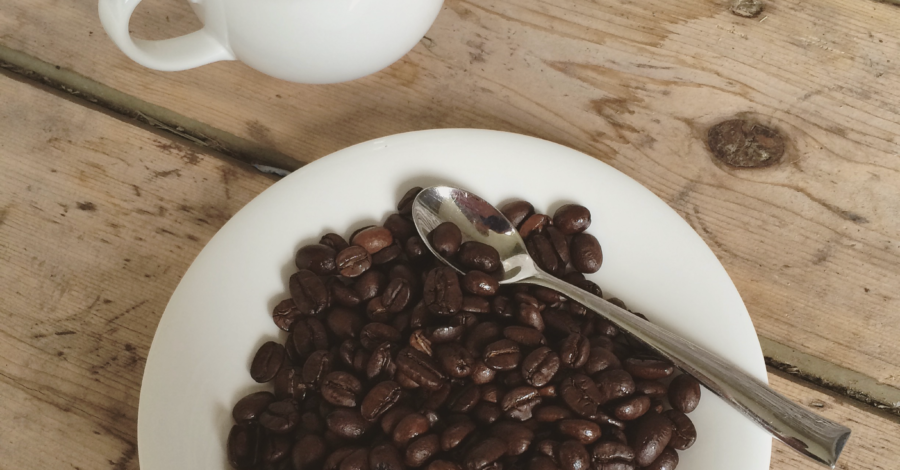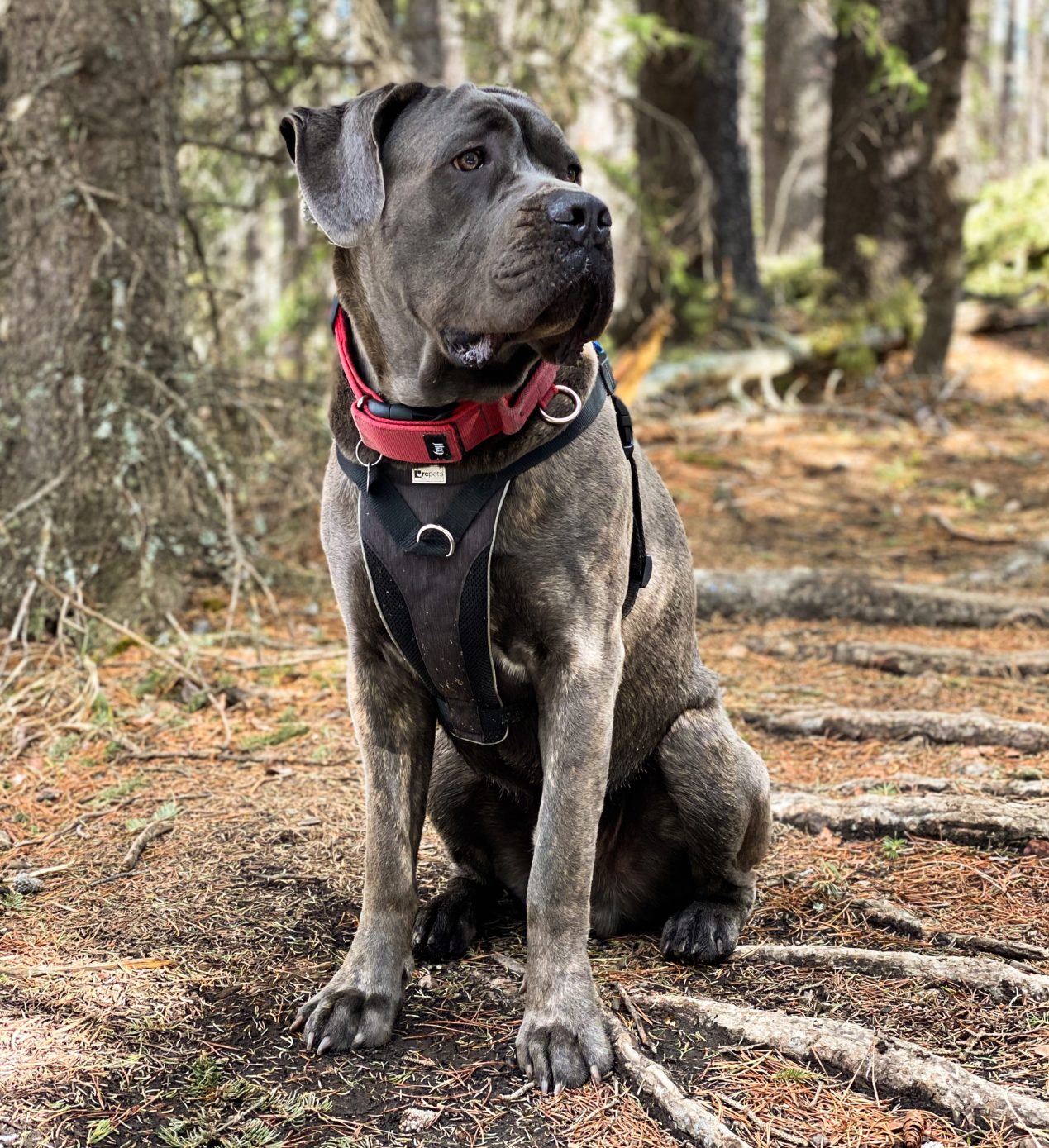I tip my head respectfully to the organic, fresh ground, cherry-wood filtered, smooth-as-silk cup of black coffee I made this morning. As I gaze at those dark grounds left behind in a murky puddle, I find myself sorely tempted to recycle them somehow. After all, this rich brew is touted as an energy boost for humans and gardens alike, and surely the grounds are ‘green’ enough to put back into the environment. But do coffee grounds stand up to the Green Gripe; a critical eye on ecological no-no’s?
The wonders of coffee; this mysteriously uncensored, delightful, and addictive drug of choice are both exploited and explored. Go ahead on a historical tour and peer up the underpinnings of history’s drive for organoleptic pleasures: tarry with tea on the Silk Road to China, contemplate cacao steeped in ancient Mexican culture, and grind to a stop in the African Kingdom of Kaffe to watch the birth of the coffee bean culture.
If you have the privilege of memoirs dating back to mid 20th century, you may recall Ricardo Montalban’s suave persuasion for Maxwell House as “good to the last drop” – unless the coffee was percolated so long it could almost hold up a spoon. The morning ritual of many begins solidly on the roasting, savoring, grinding and flavoring of the great bean of Kaffe.
Coffee is both an alkaloid and a flavonoid. And – let’s be straight here – it is not an energy drink. It’s actually an energy thief. Caffeine mimics your body’s natural neurotransmitter (in this case, the amino acid called adenosine which motivates your body to rest and sleep), by plugging up those receptors and telling your body to perk up and make happy. Plugging your ears at the shocking news on the caffeine content will not make your cuppa any less addictive or even any less healthy. Flu symptoms step aside, because caffeine withdrawal will mimic you, but then again, it also may also relieve that migraine. Which brings us to the actual headache in this story; that coffee grinds are promoted for garden health.
Coffee grinds are soil binders and rich in nitrogen, but NOT an actual nitrogen fertilizer. Check. Grinds themselves aren’t all that acidic, and microorganisms seem to like them. Check. But according to James Wong’s research in The Guardian, it “stalls root growth in young plants, preventing their uptake of water and nutrients.” Gosh. Uncheck everything. Check-mark horse manure instead.
The truth seems to grind out a myth about recycling the grinds. Mixed into the soil, those coffee grounds really act a lot like an “energy thief”; they suppress the growth of plants nearby, potentially killing those seedlings you hope will germinate. Apparently, it even has antibacterial effects which may be good for those flu symptoms, but won’t cut the mustard for garden health.
At the end of the day, here’s the good news: my cup of coffee is delicious. And the bad – it won’t energize me or the garden.
Photo image credit: Nevis Klaudt
SESQUIPEDALIA
“IF youngsters behave like ubiquitous, impudent, obdurate mammothrepts, offer them coffee and a Super-Soaker Water Blaster, and send them to grandma’s.”




